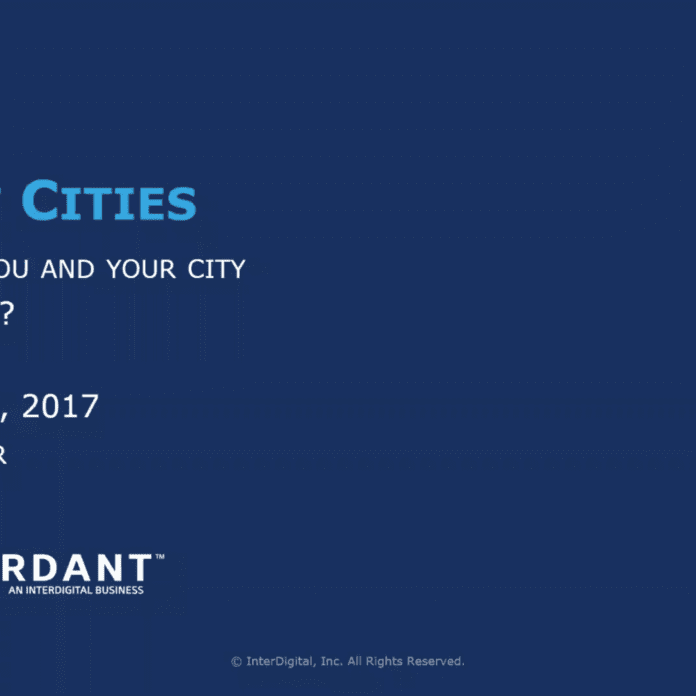Ford also testing in Miami and Washington D.C.
Ford Motor Co. said it will add Austin, Texas, to the list of cities where it plans to launch a commercial transportation service using automated vehicles in 2021.
The U.S. automaker previously conformed it would begin transporting people and goods in automated vehicles in Miami and Washington D.C.
“In each of the last eight years, Austin has been the fastest-growing metro region in America, according to the U.S. Census Bureau,” Ford said in a release. “That growth has been felt by residents, as it provides new jobs as well as a diverse food and entertainment scene, but it has also affected how Austinites travel throughout the city.”
Ford also highlighted that the Capital Area Metropolitan Planning Organization predicts vehicle use in the Austin region could double by 2040, while highway capacity will only grow 15%
The company’s self-driving system, which is currently being tested in Fusion Hybrid sedans, is being jointly developed with Argo AI, a Pittsburgh-based company in which Ford and German carmaker Volkswagen AG own a majority stake.
Sherif Marakby, chief executive of Ford Autonomous Vehicles, confirmed that the company plans to launch the commercial transportation service in 2021 in a hybrid vehicle that can be equipped to carry either people or goods.
“At Ford, we think self-driving vehicles have an important role to play in the future of our cities. As we continue to move towards the commercial launch of our self-driving vehicle services, we are expanding our testing operations in Austin in collaboration with Argo AI. This includes working closely with city and state officials and community partners to help ensure we are properly integrating our plans into the wider transportation system,” Marakby said.
The executive also said that Ford and Austin officials believe self-driving vehicles can be part of a comprehensive mobility solution by providing wider access to transportation and more efficient goods delivery.
“As we start mapping roads and testing our self-driving system in Austin, we will also conduct business pilots to see how we can best deploy our vehicles. With a large university campus at its core and a vibrant, growing downtown — not to mention a dense population that’s open to ride-hailing — there is an opportunity for self-driving vehicles to perform a wide number of services.”
Peter Rander, president of Argo AI, said development teams soon will be manually driving the Fusion test vehicles in Austin, mapping the city streets and assessing driver and pedestrian behaviors ahead of the commercial launch.
“Over the coming months, our vehicles will be manually driven through east Austin as well as downtown, mapping the city’s main corridors in preparation for autonomous testing. Eventually we will expand beyond these areas, but these initial mapping trips help us develop a comprehensive understanding of the environment around our vehicles. For example, we use sensors on our vehicles to create high-resolution, 3D maps of streets, buildings and all permanent static objects in areas where we plan to operate.”

